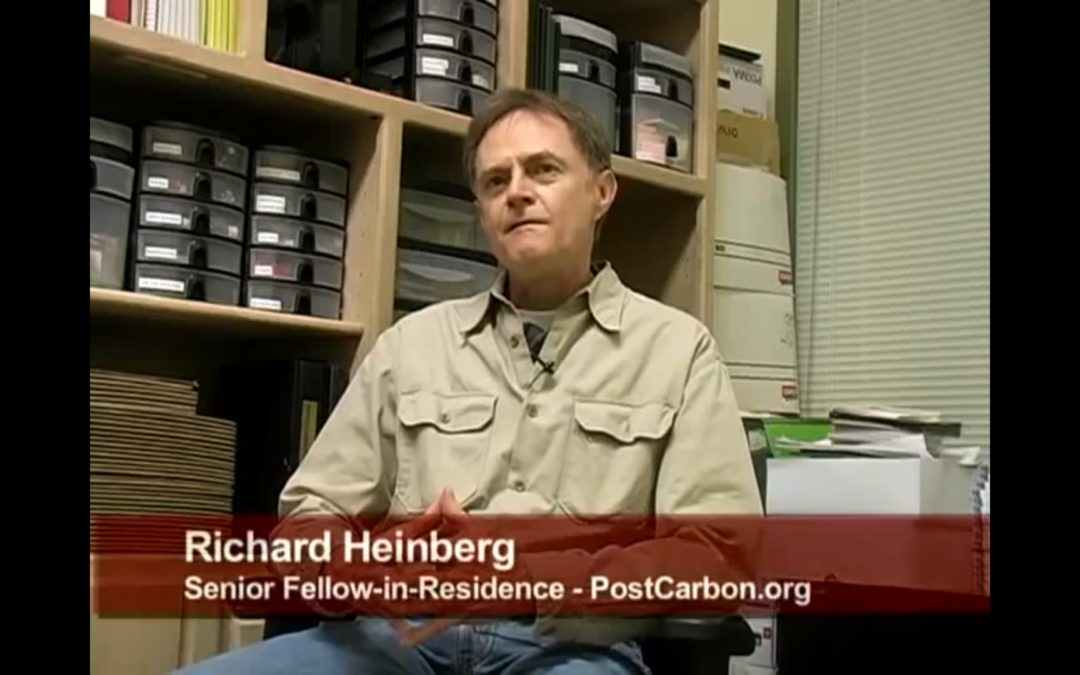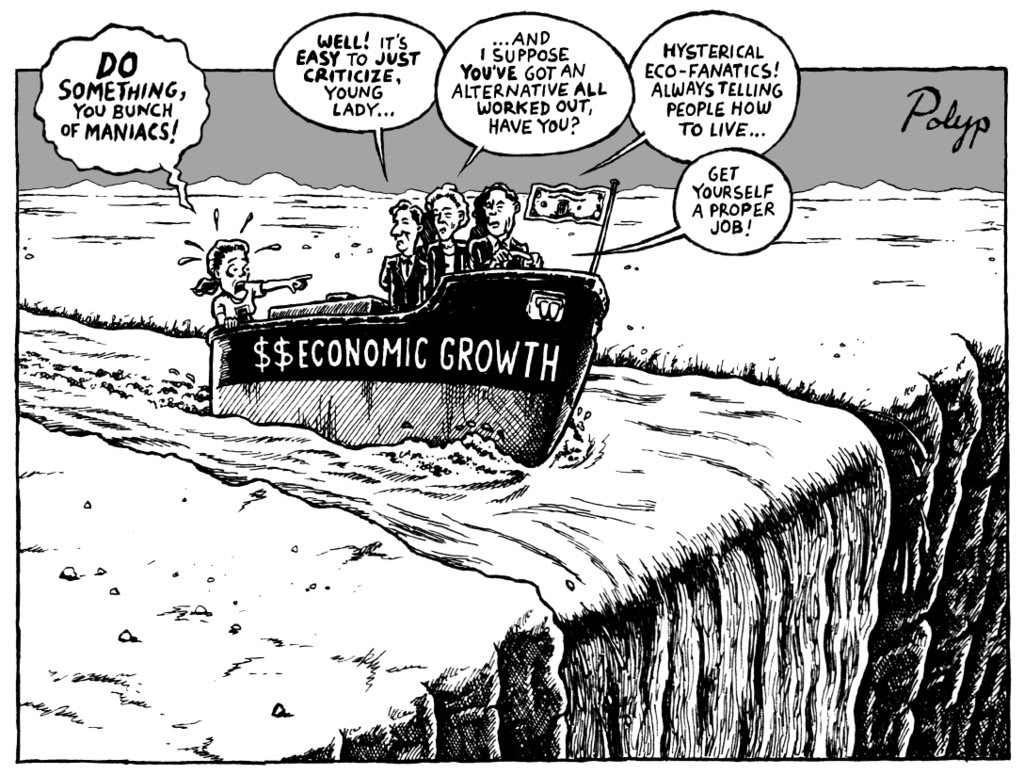
by Shaun Chamberlin | Mar 28, 2010 | All Posts, Climate Change, Cultural stories, Peak Oil, TEQs (Tradable Energy Quotas), The Transition Timeline, Transition Movement
https://www.darkoptimism.org/wp-content/uploads/2020/10/10-03-26-Radio-EcoShock_Chamberlin_LoFi.mp3 Above is a 24 minute interview I did last week with Canada’s excellent Radio Ecoshock. The full 60 minute show can be heard here. Dark Optimism readers may also...

by Shaun Chamberlin | Mar 15, 2010 | All Posts, Cultural stories, Peak Oil, Politics, Reviews and recommendations, TEQs (Tradable Energy Quotas)
See below for an interview with the ever-insightful Richard Heinberg, discussing where we should put our efforts in the aftermath of the failure of the Copenhagen climate summit. It is well worth a watch, and you might want to consider spreading it to your contacts...

by Shaun Chamberlin | Aug 14, 2009 | All Posts, Climate Change, Cultural stories, Favourite posts, Peak Oil, Politics, TEQs (Tradable Energy Quotas)
As the evidence for the utter inapplicability of free market carbon trading to our climate emergency continues to pile up, interest continues to grow in the less PR-friendly alternative — the rationing of carbon-rated energy. Yesterday, the UK Government’s All...

by Shaun Chamberlin | May 12, 2009 | All Posts, Climate Change, Peak Oil, Politics, TEQs (Tradable Energy Quotas)
I was delighted to read this week that my recent article in Resurgence magazine has helped inspire Bill Wilson MSP to champion TEQs (Tradable Energy Quotas) in the ongoing debate on the Climate Change (Scotland) Bill. Speaking in the Scottish Parliament, Dr. Wilson...

by Shaun Chamberlin | Aug 17, 2008 | All Posts, Climate Change, Peak Oil, Politics, TEQs (Tradable Energy Quotas)
Last month I attended an Institute for Public Policy Research (IPPR) meeting called to announce their latest research into personal carbon allowances. Polly Toynbee was invited to chair the meeting, and was clearly impressed with what she heard as she has now written...







Recent Comments